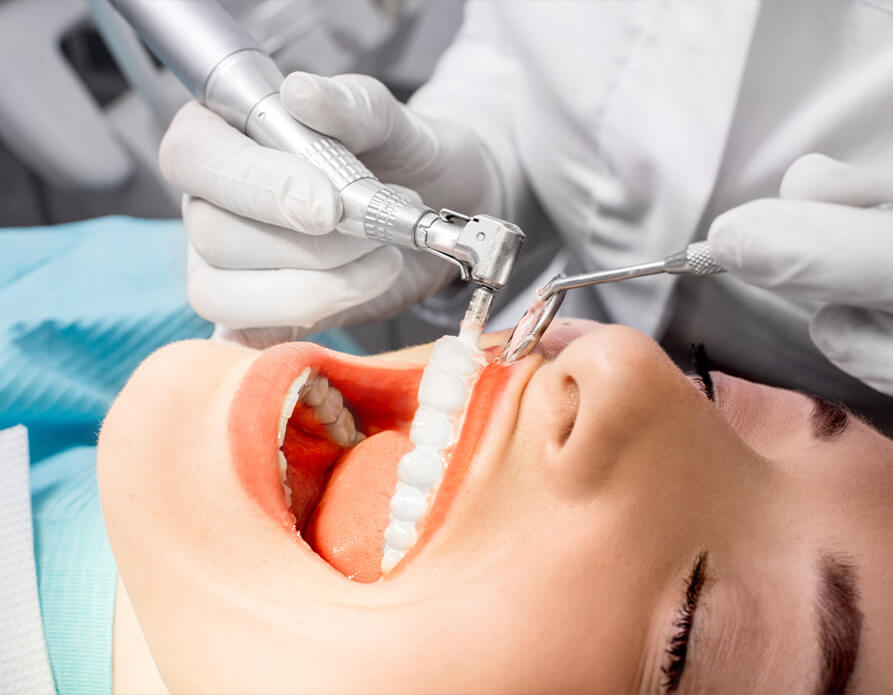Dental Cleanings & Exams
in Bentonville, AR
Most people should have their teeth cleaned during a routine checkup every six months, if circumstances permit, but no less frequently than annually. This is necessary to remove and prevent the buildup of tartar, also called calculus. Tartar can’t be completely eliminated with toothbrushing and flossing at home and is a major contributor to gum disease.
Contact UsDental Cleanings & Exams FAQs
What if I have questions?
We love questions! We want you to be confident in your smile because it looks good, and you know it’s healthy and strong! Whether you’re curious about available procedures, next steps, or even just general questions about your teeth and jaw, we’re always happy to answer!
Are dental exams worth it?
While a patient could technically only have their teeth cleaned, the exam is an important part of taking care of the health of your mouth. Machines and instruments used during the examination can detect issues missed by cleaning alone. While your dentist may be able to notice some surface issues during the cleaning, a full exam is necessary to assess the health of your mouth as a whole.
What is a dental cleaning?
A dental cleaning, also known as prophylaxis, is a professional treatment performed by a dentist or dental hygienist to expertly clean hard-to-brush areas and remove plaque, tartar, and stains from the teeth. Routine teeth cleanings help prevent tooth decay, gum disease, and other dental issues.
How often should I get a dental cleaning?
Typically, we recommend scheduling dental cleanings every six months. However, some individuals with greater oral health needs may require more frequent visits. Our team will recommend a cleaning schedule that fits with your unique treatment plan.
Why are dental cleanings important?
Regular cleanings remove plaque and tartar buildup, which can cause cavities and gum disease. Routine preventive care also helps maintain overall oral health and can even improve your breath.






